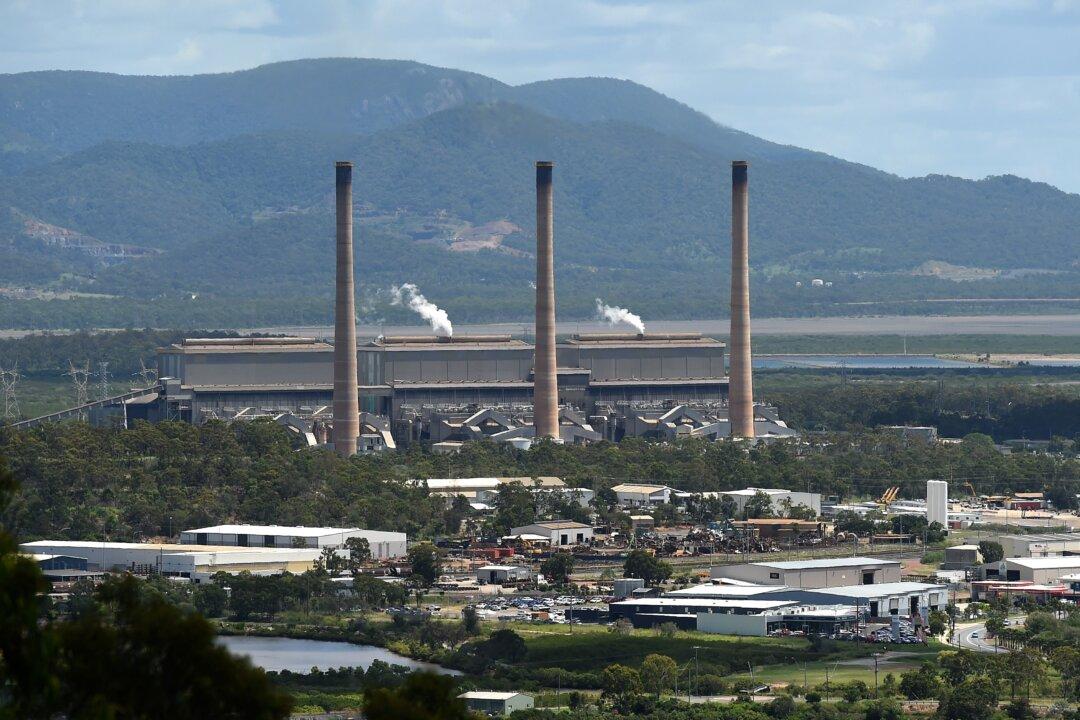Australian taxpayers will be footing a bill of up to $450 million (US$300 million) to compensate for the potential losses incurred by a power station due to the Labor government’s energy price relief policy.
Mining giant Rio Tinto, the major shareholder of the Gladstone Power Station, will receive the lump sum to offset the impact of the 12-month coal price cap imposed under the federal government policy in 2023.





